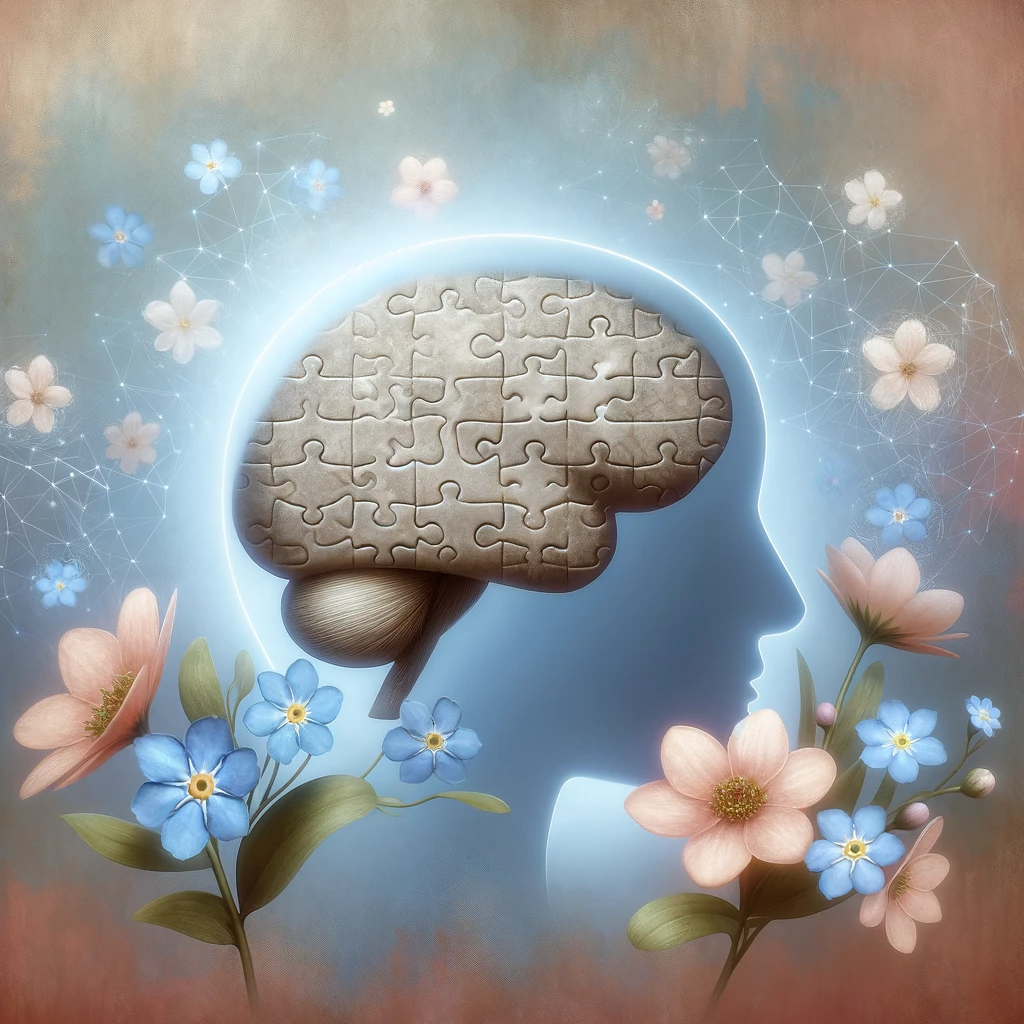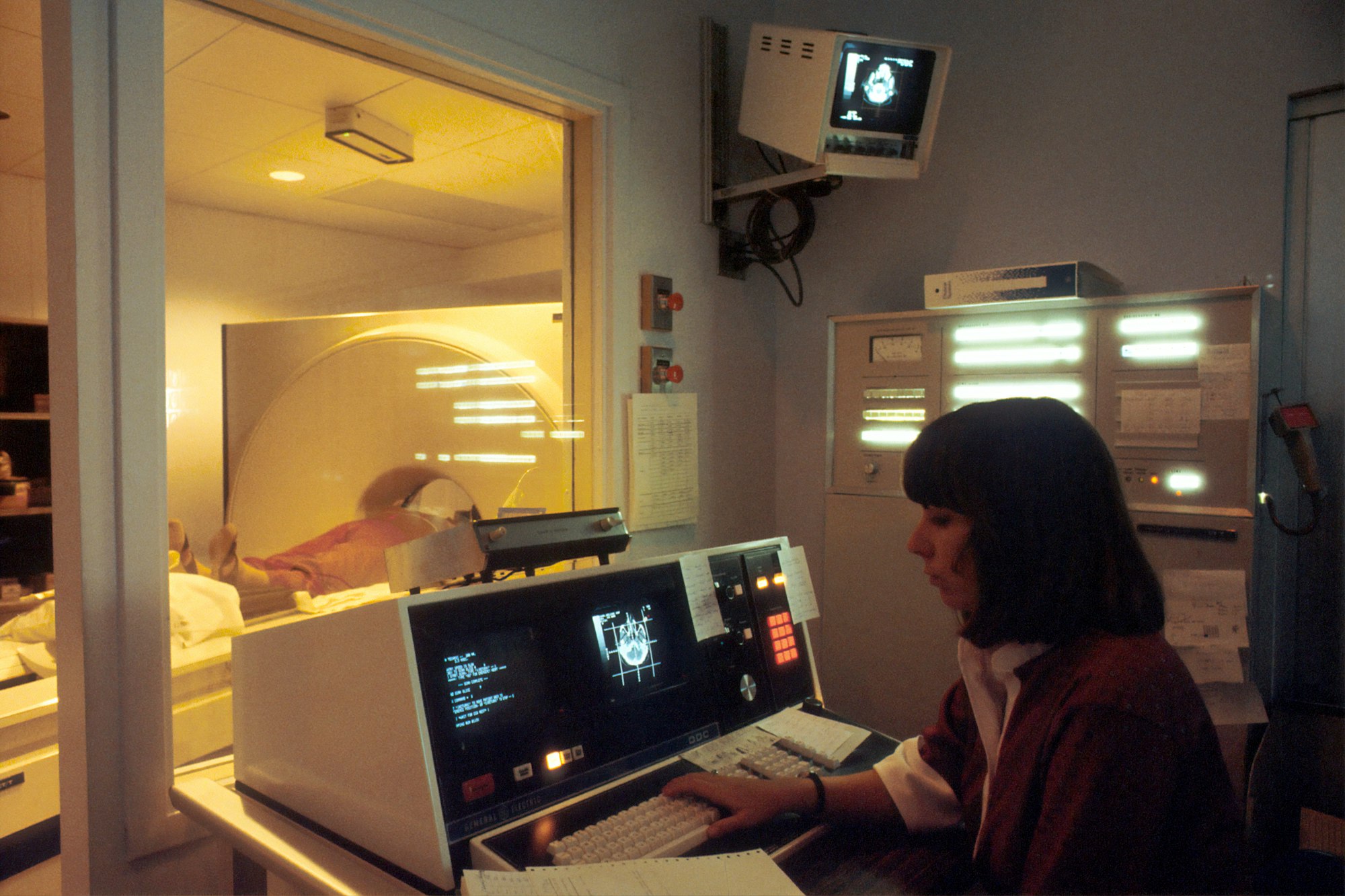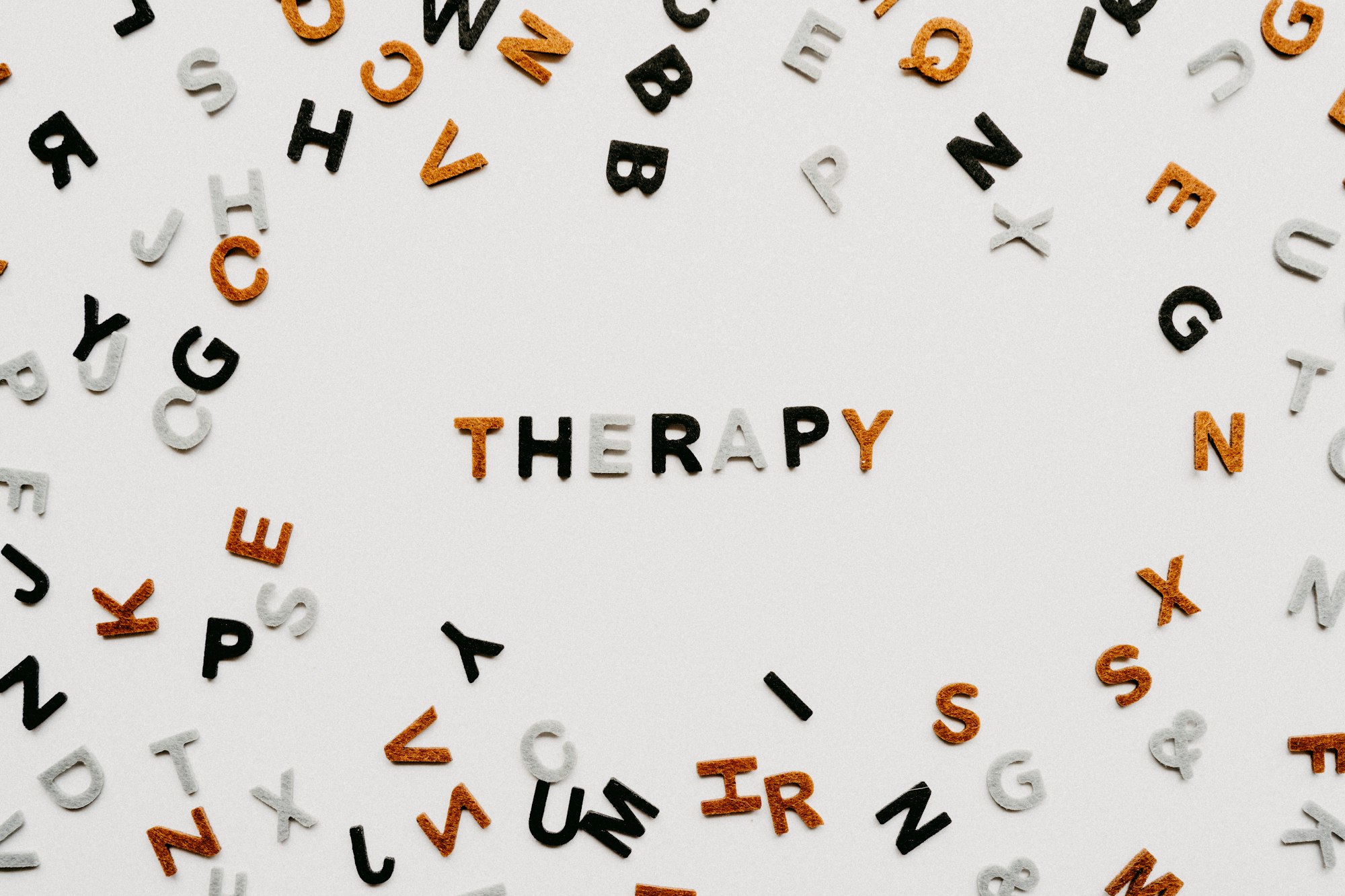Understanding Alzheimer's Disease: A Comprehensive Guide
Delve into our comprehensive guide on Alzheimer's disease, covering its definition, stages, signs, and diagnostic tests, including cognitive assessments and brain imaging. Gain insights into managing symptoms with tailored medications and care strategies

Alzheimer's disease, a term that often evokes concern and curiosity, is a progressive neurological disorder that leads to memory loss, cognitive decline, and behavioral changes. This article aims to demystify what Alzheimer's disease is, explore its signs, and provide a clear definition, enhancing understanding of this challenging condition.
What is Alzheimer's Disease?
Alzheimer's disease is the most common form of dementia, accounting for 60-80% of dementia cases. It's characterized by a gradual decline in cognitive functions, including memory, thinking, and reasoning skills. Over time, these impairments significantly interfere with an individual's ability to perform daily activities.
The Definition of Alzheimer
The medical community defines Alzheimer's as a neurodegenerative disease that causes brain cells to degenerate and die, leading to a continuous decline in memory and mental function. Alzheimer's is not a normal part of aging but is most common in people over 65. However, early onset Alzheimer's can occur in younger individuals.
What Alzheimer's Disease Is: A Closer Look
Alzheimer's disease progresses in stages, from mild (or early-stage) Alzheimer's to severe (or late-stage) Alzheimer's. Early on, memory loss is mild, but with late-stage Alzheimer's, individuals lose the ability to carry on a conversation and respond to their environment.
What is Alzheimer's Dementia?
Alzheimer's dementia refers to the range of symptoms associated with the decline in memory and other thinking skills due to the disease. It significantly impairs a person's ability to perform daily activities and leads to changes in behavior, such as agitation, confusion, and disorientation.
Alzheimer's Disease Signs
Recognizing the signs of Alzheimer's is crucial for early intervention. Common signs include:
- Difficulty remembering newly learned information
- Disorientation
- Mood and behavior changes
- Increasing confusion about events, time, and place
- Unfounded suspicions about family, friends, and professional caregivers
- More severe memory loss and behavior changes
- Difficulty speaking, swallowing, and walking
Understanding what Alzheimer's disease is, is vital for those affected and their loved ones. While there is currently no cure for Alzheimer's, early detection and intervention can help manage symptoms and improve quality of life. As research continues, hope remains for more effective treatments and ultimately, a cure for this challenging condition.

Diagnostic Testing for Alzheimer's Disease
The diagnosis of Alzheimer's disease involves a comprehensive approach that includes medical history, physical and neurological examinations, and various diagnostic tests. Early and accurate diagnosis is crucial for managing Alzheimer's effectively. Here's an overview of the key diagnostic tests:
- Cognitive and Neuropsychological Tests: These tests assess memory, problem-solving, attention, counting, and language skills. They help determine the extent to which Alzheimer's has affected cognitive functions.
- Brain Imaging: Imaging tests such as Magnetic Resonance Imaging (MRI) and Computed Tomography (CT) scans are used to rule out other causes of symptoms like tumors or stroke. They also help in observing changes in brain structure and function.
- Positron Emission Tomography (PET) Scans: PET scans can detect plaques, one of the hallmarks of Alzheimer's, in the living brain. Amyloid PET imaging can measure the amount of amyloid deposits in the brain, while FDG-PET helps assess the brain's glucose metabolism, which is often reduced in Alzheimer's.
- Blood Tests: While not used to diagnose Alzheimer's directly, blood tests can rule out other conditions that may cause similar symptoms, such as thyroid disorders or vitamin deficiencies.
- Cerebrospinal Fluid (CSF) Analysis: This test involves the collection of fluid from the spinal column to detect levels of beta-amyloid and tau proteins, which are significantly altered in Alzheimer's disease.

The Role of Genetic Testing
While genetic testing can identify whether an individual has a higher risk of developing Alzheimer's, it is generally recommended only for people with a strong family history of the disease. It's important to note that having a gene associated with Alzheimer's does not mean a person will definitely develop the disease, and not having it does not mean they will not.
Early Detection and Alzheimer's
Early detection of Alzheimer's disease is crucial as it provides a window of opportunity for early intervention, which can help manage symptoms and improve the quality of life. Moreover, it allows individuals and their families more time to plan for the future, including care and financial planning, and possibly participating in clinical trials for new treatments.
Understanding the diagnostic testing for Alzheimer's disease is essential for early detection and effective management. While there is no cure for Alzheimer's yet, advancements in diagnostic technologies are improving our ability to detect and understand the disease, offering hope for better treatments in the future. As research progresses, the goal remains to find more definitive ways to diagnose and, ultimately, cure Alzheimer's disease.
New Blood For Alzheimer's Disease
Learn More About this Blood Test here
Cognitive Tests for Alzheimer's Disease: A Detailed Look
Cognitive testing plays a pivotal role in diagnosing Alzheimer's disease. These assessments evaluate memory, problem-solving skills, attention, language, and other cognitive functions. Below are some of the commonly used cognitive tests, including the SLUMS test, each with its advantages and limitations.
1. Mini-Mental State Examination (MMSE)
Pros:
- Well-established and widely used.
- Quick to administer, covering various cognitive domains.
Cons:
- Influenced by educational and cultural factors.
- Less sensitive to early-stage Alzheimer's.
2. Montreal Cognitive Assessment (MoCA)
Pros:
- Better at detecting mild cognitive impairment.
- Comprehensive, assessing a broad range of cognitive abilities.
Cons:
- Requires more training for administration.
- Influenced by educational and cultural backgrounds.
3. Clock Drawing Test
Pros:
- Simple, quick, and assesses executive function.
- Useful in early-stage Alzheimer's detection.
Cons:
- Results can be subjective.
- Not sufficient as a standalone diagnostic tool.
4. Trail Making Test
Pros:
- Evaluates processing speed and executive functioning.
- Includes two parts for a varied assessment.
Cons:
- Affected by physical and age-related factors.
- Educational level can influence results.
5. Neuropsychological Testing Battery
Pros:
- In-depth and comprehensive cognitive evaluation.
- Provides a detailed cognitive profile.
Cons:
- Time-consuming and resource-intensive.
- Requires administration by a specialized neuropsychologist.
6. Saint Louis University Mental Status (SLUMS) Exam
Pros:
- Designed to identify mild cognitive impairment as well as dementia.
- Includes memory recall, numerical calculations, and executive functions.
- Can be more sensitive to mild cognitive impairment than MMSE.
Cons:
- Less well-known and not as extensively researched as MMSE.
- May be influenced by the same factors as other cognitive tests, such as educational background.
Conclusion
Each cognitive test for Alzheimer's disease has specific strengths and is best suited for different stages and aspects of cognitive decline. The SLUMS test, in particular, is a valuable tool for detecting mild cognitive impairment. A combination of these tests, along with a comprehensive medical evaluation, is often the most effective approach for diagnosing Alzheimer's. As research in this field continues to advance, we can expect the development of even more refined tools for early detection and diagnosis.
Brain Scan
MRIs, CT scans and other imaging tests on the brain help to identify abnormalities such as… tumors, bleeding or lesions on the brain. This type of Alzheimers test can reveal if a … stroke or series of strokes could be responsible for the dementia.
Another test for dementia… positron emission tomography (PET) uses a tracer to identify areas of the brain that are not functioning properly. This process involves injecting a substance, the tracer, into a vein. Then capturing a 3D image of how the brain is functioning by observing how it breaks down the tracer.
The Single-Photon Emission Computerized Tomography (SPECT)
This is another brain scan. It is another procedure used in testing for dementia. In similar fashion to PET, a low-dose radioactive solution is injected into the brain. Then the pattern of blood flow is observed to help the clinician arrive at a diagnosis. PET is very effective at helping to diagnose Alzheimer’s.
Mood Assessments
Many display behavior and memory problems as a direct result of mood disorders….such as depression. By assessing the patient’s mood… doctors can help identify if these disorders are the cause of the dementia. Prescribing the appropriate medication depends on knowing what is wrong.

Psychiatric Evaluation
In some cases, the aim of dementia testing is to find out if the symptoms are due to a psychiatric condition. Or depression.
The fact is, no single Alzheimers test can identify the disease. But rather a rather a look at various assessments methods are necessary to arrive at a diagnosis. By eliminating some possible causes … the various dementia-testing methods help to narrow down the type it is. And helps in devising a treatment plan. As with many other conditions, early diagnosis leads to better treatment outcomes.
Ruling out other conditions is a part of an overall Alzheimers test. It is necessary as the best course of treatment for dementia can only begin with the right diagnosis. Research, using dementia information, continues to search for other tests to diagnose. as well as to prevent Alzheimer’s and other forms of dementia.
When You Have Concerns and Your Doctor is Not Listening
I have many clients that are given just a Mini Mental Status Exam (MMSE) and nothing else done by their primary care physician. They are told they are Ok and nothing further is done. The MMSE requires a baseline. So, one test is not enough. You will need to follow up with more testing after they obtain a baseline.
I have encourage my clients to take the paper tests and take them to your next appointment. Early diagnosis and treatment can help a person with dementia have a better quality of life longer.
This is the The Self-Administered Gerocognitive Exam. SAGE
Finding symptoms early is crucial to treatment
The At Home Paper Test - Sage Test
Here is a link to the SAGE Test
Continuing with the discussion on Alzheimer's disease, let's explore the medications commonly prescribed to manage its symptoms. It's important to note that while these medications can help with symptoms, they do not cure Alzheimer's or stop its progression. Treatment is typically tailored to the stage of the disease and the specific symptoms experienced by the individual.
Medications for Early-Stage Alzheimer's
In the early stages of Alzheimer's, the focus is primarily on medications that can help maintain cognitive function and manage mild to moderate symptoms.
- Cholinesterase Inhibitors
- Donepezil (Aricept): Used to treat all stages of Alzheimer's. It works by increasing levels of a chemical messenger involved in memory and judgment.
- Rivastigmine (Exelon): Approved for mild to moderate Alzheimer's. It improves cognitive symptoms and helps with daily functioning.
- Galantamine (Razadyne): Also for mild to moderate stages, it works similarly to donepezil and rivastigmine.
These medications can help slow down the worsening of symptoms for a limited time and may help control some behavioral symptoms.
Medications for Moderate to Severe Alzheimer's
As Alzheimer's progresses, different medications may be needed to address the evolving symptoms.
- Memantine (Namenda): Used to treat moderate to severe Alzheimer's, it works by regulating glutamate, a chemical messenger involved in brain functions like learning and memory. Sometimes it's combined with a cholinesterase inhibitor.
Managing Challenging Behaviors in Later Stages
In the later stages of Alzheimer's, the focus often shifts to managing challenging behaviors and psychological symptoms.
- Antidepressants: To treat low mood or irritability.
- Anxiolytics: For anxiety, restlessness, or verbally disruptive behavior.
- Antipsychotic Medications: Used for severe agitation, aggression, psychosis, or hallucinations. These are used cautiously due to potential side effects.
Important Considerations
- Monitoring and Adjustments: Medications may need regular adjustments as the disease progresses and symptoms change.
- Side Effects: All medications can have side effects. It's important to monitor for changes and communicate with healthcare providers.
- Non-Medication Approaches: In addition to medications, non-pharmacological interventions like behavioral strategies, environmental modifications, and supportive therapies are crucial in managing Alzheimer's.
Conclusion
While there is no cure for Alzheimer's disease, medications can play a key role in managing its symptoms, especially when combined with other treatment strategies. It's essential to work closely with healthcare professionals to tailor treatment plans to individual needs and to adjust them as the disease progresses. As research continues, there is hope for more effective treatments in the future.
UPDATE
I want to make you aware of a new medication that may be considered for the middle stages and dementia agitation
Rexulti (Brexpiprazole) for Agitation in Dementia
Rexulti (brexpiprazole) is an atypical antipsychotic medication that has been explored for its potential use in managing agitation in patients with dementia. Although primarily approved for the treatment of schizophrenia and as an adjunctive treatment for major depressive disorder, its role in dementia-related agitation is an area of emerging interest.
Mechanism of Action
Rexulti works by affecting the levels of certain chemicals in the brain, including dopamine and serotonin, which are known to be involved in mood, behavior, and cognition. By modulating these neurotransmitters, Rexulti can potentially help in reducing agitation and other behavioral disturbances in dementia.
Research and Efficacy
- Studies on Rexulti for dementia-related agitation are still ongoing. Initial research and clinical trials are examining its efficacy and safety in this context.
- Preliminary data suggests potential benefits in reducing agitation symptoms. However, more extensive studies are needed to fully understand its effectiveness and optimal dosing for dementia patients.
Safety and Considerations
- The use of antipsychotics in dementia patients, especially older adults, is approached with caution. There is an increased risk of cerebrovascular adverse events and mortality in elderly patients with dementia-related psychosis treated with antipsychotic drugs.
- Common side effects of Rexulti can include weight gain, restlessness, and an increased risk of metabolic syndrome. It’s crucial to monitor patients closely for any adverse effects.
- The decision to use Rexulti for agitation in dementia should involve a comprehensive evaluation of the patient's overall health, the severity of symptoms, and other existing medications.
FDA Approval and Guidelines
- As of now, Rexulti is not specifically approved by the FDA for treating dementia-related agitation. Its use in this context would be considered "off-label."
- Healthcare providers may prescribe it based on their clinical judgment, considering the potential risks and benefits for the individual patient.
Conclusion
While Rexulti shows promise in managing agitation in dementia, it is essential to approach its use with careful consideration, given the sensitivity of the dementia population and the potential risks associated with antipsychotic medications. Ongoing research will hopefully provide clearer guidelines and evidence regarding its efficacy and safety in treating agitation in dementia patients. As always, treatment decisions should be made in collaboration with a healthcare team, focusing on the patient's overall well-being and quality of life.
Our Resources section can help you find the information and tools that you need. We have courses, videos, checklists, guidebooks, cheat sheets, how-to guides and more.
You can get started by clicking on the link below. We know that taking care of a loved one is hard work, but with our help you can get the support that you need.
Click here to go to Resources Section now!
SOURCES
http://www.mayoclinic.com/health/dementia/DS01131/DSECTION=tests-and-diagnosis
http://www.medicalnewstoday.com/articles/154877.php










